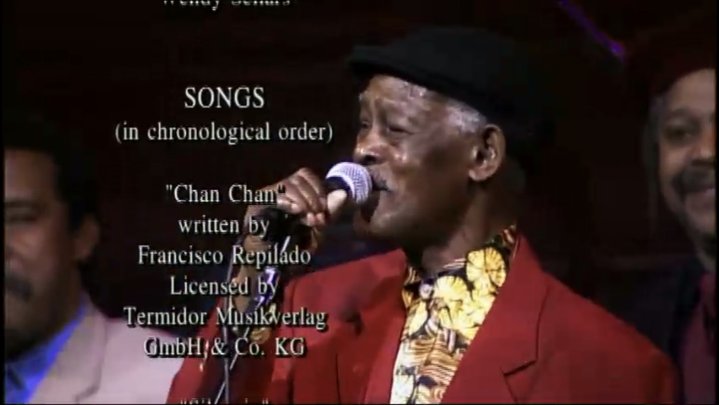Superman (1978) also had a very long closing credits sequence, which took nearly eight minutes to end, and was the longest end credits sequence ever recorded at the time of the film’s release. (Wikipedia)
###
The end of Britain as a world power has been variously attributed to winning the Second World War (we complained about food rationing while Germany and Japan rebuilt); the 1956 Suez Crisis (when we struggled against Egyptian national aspirations to keep control of the Suez Canal); and, most recently, Brexit, which will make the country a bit player in greater Europe.
I’m here to tell you that the real rot started around 1960, although it took nearly a decade for the process to fully unfold. I’m talking, of course, about the end of playing of God Save the Queen (or King, prior to 1952) at the close of the feature flick (aka film or movie) at your local picture-house. Brits of my vintage surely remember the traditional stampede for the doors the moment the trigger words “The End” appeared on the screen. From then until the first chord of that croaky old dirge, the UK national anthem, you had 20 seconds at best to make your exit (“Sorry, sorry, bus to catch!”). Folks sitting in aisle seats had a distinct advantage. If you were caught mid-dash, you had no choice but to face the screen and endure the full mini-feature: that limp dirge accompanied by shots of the monarch (usually on horseback, inspecting a bunch of anachronistic poofters in fancy dress masquerading as soldiers of the realm) while the Union Jack fluttered bravely in the background.

“Louis, I think this is the beginning of a beautiful friendship.” Rick (Humphrey Bogart) gets the last line after Louis (Claude Rains) saves his ass at the end of Casablanca, perhaps the most beloved movie of all time. The two walk off into the fog, and then, just this.
I was reminded of this last evening, watching a private showing of the 2005 movie Beethoven’s Copyist, featuring Ed Harris (Westworld’s “Man in Black”) as Louis-to-his-friends Beethoven. (How different things might have turned out if Britain had adopted one of Ludwig van’s stirring melodies as its anthem!) The moment “The End” popped up, our host stopped the movie and put the lights on. I couldn’t help myself. “Can we watch it through the credits, please?” I asked. And, kindly soul that he is, we did. We got the entire end crawl, name after unknown name matched with their relative contributions, from “Second Unit Director” to “Insurance Services Provider.” Backgrounded by delicious music from the maestro. We also got to see where the movie had been made: Hungary.
Why? I’m asking myself that now. Why did I make that request—probably to everyone else’s frustration—that we watch it to the very end? What’s the point of spending two or three minutes giving our attention to a meaningless blur of names? In a word, empathy. I think of all those people—I’ve known a few—who make up film crews, whose life work it is to help make movies, investing hearts and souls for a month or a year, giving their all. By sitting through to the very end (studio logo, copyright statement, MPAA screen), I imagine, in some existential way, I’m honoring their contributions.
At which point, you may be asking, so what was with the exit-dash in pre-1970 Britain, if “The End” was followed by a slew of credits? Fact is, movies back then really did end with The End; there were no end credits. Movies used to start with credits—but it was a short list. Those opening credits listed only the major cast and crew, right until the 1960s. (West Side Story broke the mold in 1961, with only the movie title at the start; credits were saved for the end.) Forget the grips, the gaffers (lead electricians), the Foley artists (creators of add-on sound effects) and all the rest. In Hollywood’s Golden Age, they were as unknown as a book designer or printer was and is.

Wim Wenders’ Buena Vista Social Club ran the closing credits over the ending sequence, featuring, among others, bolero singer Ibrahim Ferrer, seen here.
(For decades now, TV shows have nearly-but-not-quite done away with end credits. They may be there, but they’ll occupy maybe a quarter of the screen, while the other 75% is promoting another network show, complete with voice-over.)
So does watching a movie to the bitter end, even as I rue the passing of God Save the Queen as an appropriate way to end a night at “the pictures,” make me an anachronism? Probably, yearning for the good old days when beer was tuppence a pint and you had to avoid eating the blue one in a bag of Smith’s Crisps. Ask any grizzled old limey, they’ll know what I mean.
CLICK TO MANAGE